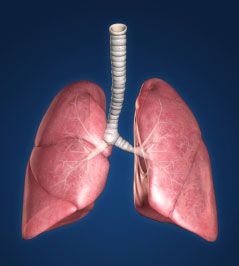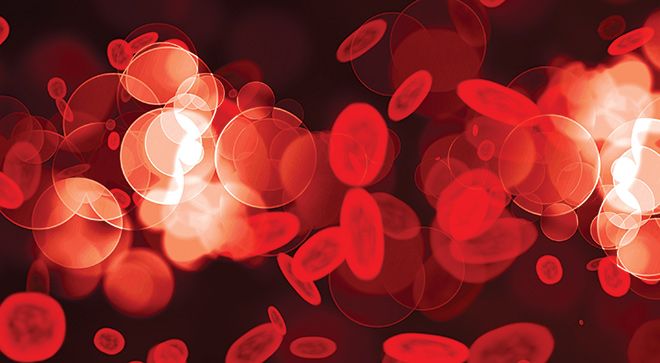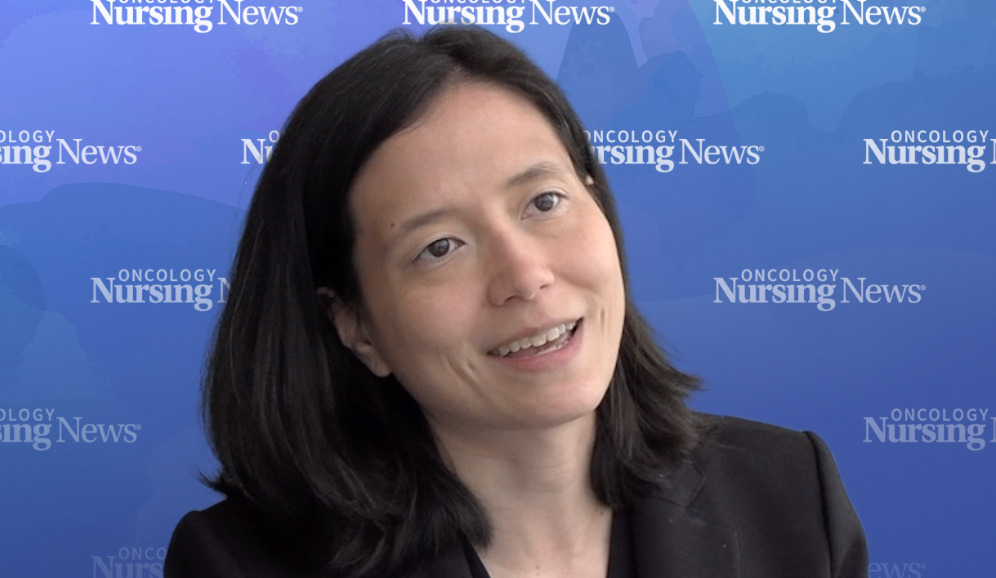Afatinib Gets FDA Approval to Treat Squamous Cell Lung Cancer
The FDA has approved afatinib (Gilotrif) for the treatment of patients with advanced squamous cell non–small cell lung cancer (NSCLC) following progression on platinum-based chemotherapy.
The FDA has approved afatinib (Gilotrif) for the treatment of patients with advanced squamous cell non–small cell lung cancer (NSCLC) following progression on platinum-based chemotherapy.

The FDA has approved afatinib (Gilotrif) for the treatment of patients with advanced squamous cell non—small cell lung cancer (NSCLC) following progression on platinum-based chemotherapy.
The approval, announced by the drug’s manufacturer, Boehringer Ingelheim, was based on results from the phase III LUX-Lung 8 study, which compared second-line afatinib with erlotinib (Tarceva) in patients with advanced squamous cell carcinoma of the lung. In the study, afatinib reduced the risk of death by 19% and disease progression by 18% compared with erlotinib.
“The overall survival data and significant delay in lung cancer progression seen in the global head-to-head phase III trial demonstrated that Gilotrif is an effective new treatment option in this patient population,” LUX-Lung 8 clinical trial investigator Shirish Gadgeel, MD, leader of the Thoracic Oncology Multidisciplinary Team at the Karmanos Cancer Center, said in a statement.
The open-label LUX-Lung 8 study included 795 patients with stage IIIB or IV squamous cell NSCLC who had progressed following ≥4 cycles of platinum-based-chemotherapy. Participants were randomized in a 1:1 ratio to receive afatinib (n = 398) at 40 mg daily or 150 mg of erlotinib per day (n = 397) until progression. The primary outcome measure was progression-free survival (PFS) and overall survival (OS) was the main secondary endpoint.
OS was 7.9 months versus 6.8 months with afatinib versus erlotinib. PFS was 2.4 months with afatinib compared to 1.9 months with erlotinib. The objective response rates were similar between the 2 arms, at 6% and 11%, respectively.
All-grade adverse event rates were comparable between treatment arms. Fifty-seven percent of patients in each cohort experienced grade ≥3 adverse events. Rates of grade 3 stomatitis (4% vs none) and grade 3 diarrhea (10% vs 2%) were higher in patients receiving afatinib versus erlotinib. Incidence of grade 3 rash or acne was higher with erlotinib at 10% versus 6% with afatinib.
More patients reported improved overall health-related quality-of-life with afatinib than erlotinib (36% vs 28%).
Afatinib is a an irreversible ErbB family blocker that specifically inhibits EGFR (ErbB1), HER2 (ErbB2), and ErbB4.
In 2013, the FDA approved afatinib as a frontline treatment for patients with metastatic NSCLC whose tumors harbor EGFR exon 19 deletions or exon 21 (L858R) substitution mutations. The FDA concurrently approved the therascreen EGFR RGQ PCR Kit (QIAGEN) for detection of EGFR exon 19 deletions or exon 21 (L858R) substitution mutations




